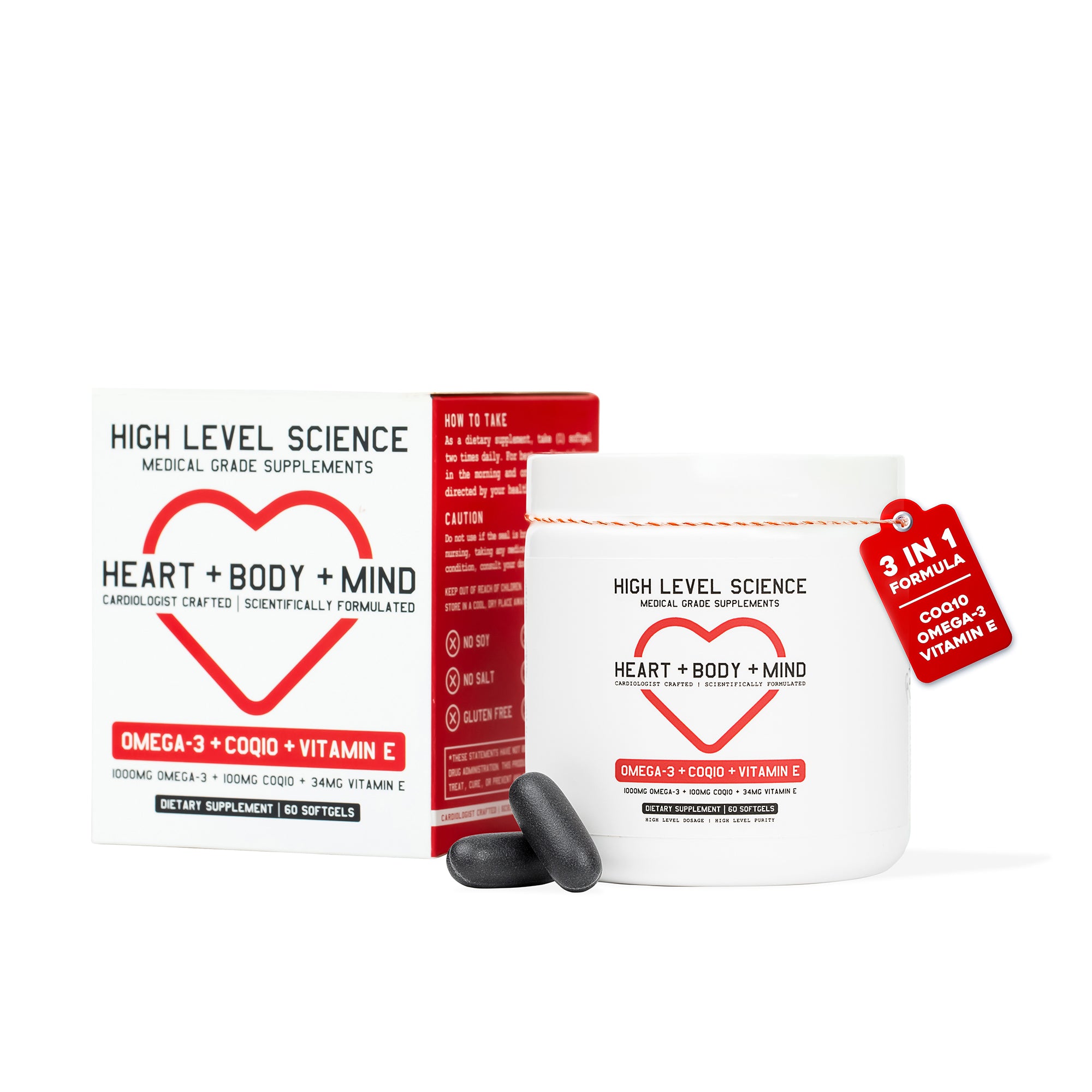Maintaining a healthy heart is key to a long and fulfilling life. In today’s fast-paced world, cardiovascular health can often be overlooked. However, with a few lifestyle adjustments, you can significantly enhance your heart’s health and reduce the risk of diseases. Let’s delve into some simple yet effective tips for keeping your heart in optimal condition.
Understanding the Importance of Cardiovascular Health
Cardiovascular health is about keeping your heart and blood vessels in good condition. Our hearts work tirelessly to pump blood and deliver oxygen and nutrients throughout the body. When the cardiovascular system is compromised, it can lead to serious health issues like heart attacks and strokes. Understanding the importance of cardiovascular support is the first step toward a healthier lifestyle.
Many people overlook the significance of cardiovascular support until they experience heart-related issues. By then, it can sometimes be too late to reverse damage. Proactively reinforcing your cardiovascular health can significantly lower the risk of heart disease and other complications. According to Why Is Cardiovascular Support Important?, actions such as maintaining a balanced diet and regular exercise can strengthen your heart and protect against heart conditions.
A fit cardiovascular system enhances not only physical but also mental well-being. Robust heart health ensures effective distribution of blood, oxygen, and nutrients, improving your energy levels and cognitive functions. Moreover, maintaining optimal cardiovascular function can reduce the risks of cognitive decline and enhance your overall quality of life. Nutrition Tips for Cardiovascular Wellness suggests that dietary adjustments play a crucial role in supporting this system.
Healthy Eating Habits for Heart Health
What you eat plays a significant role in maintaining cardiovascular health. Focus on consuming a diet rich in fruits, vegetables, whole grains, and lean proteins. Avoid excessive salt, sugar, and bad fats to reduce the risk of high blood pressure and cholesterol. Incorporating heart-healthy foods like avocados, almonds, and oily fish can make a big difference.
It’s vital to include Omega-3 fatty acids, found in fish like salmon and plant sources like flaxseeds, to aid heart health. These essential fats offer anti-inflammatory benefits and contribute to reduced cardiovascular disease risks. The Mediterranean diet also prioritizes whole foods and healthy fats, emphasizing whole grains and legumes for sustained energy and heart protection.
Minimizing processed foods is equally critical. These typically contain high salts, sugars, and unhealthy fats that elevate cholesterol and blood pressure levels, increasing cardiovascular risks. A practical approach involves opting for more whole foods and reading nutritional labels closely to make informed decisions, thus supporting heart health efficiently.
The Role of Exercise in Cardiovascular Support
Regular physical activity is vital for a healthy heart. Engaging in aerobic exercises like walking, cycling, or swimming can strengthen the heart muscle, improve circulation, and help manage weight. Aim for at least 150 minutes of moderate exercise each week to keep your heart in top shape.
Exercise doesn’t have to be limited to traditional workouts; even light activities such as gardening or housework count towards your weekly activity quota. The key is consistency and incorporating physical activity into your routine. Exercise and cardiovascular support highlights that even small steps like using stairs or parking further away make a significant difference over time.
Managing Stress for a Healthier Heart
Chronic stress can negatively affect your heart health. Learning to manage stress through techniques like meditation, deep breathing, or yoga can help lower blood pressure and reduce the risk of heart-related issues. Finding hobbies or activities you enjoy can also provide a relaxing outlet.
Incorporating mindfulness exercises and stress-reduction techniques into your daily routine can be transformative. Apps and resources offering guided meditation can ease you into building this habit, significantly impacting your overall cardiovascular wellness by lowering stress-induced hormone levels. Additionally, participating in group activities like yoga can build supportive communities, providing mutual encouragement for maintaining healthy routines.
The Importance of Quality Sleep
Don’t underestimate the power of a good night’s sleep. Adequate rest supports heart health by maintaining blood pressure, sugar levels, and overall bodily function. Adults should aim for 7-9 hours of sleep each night, with consistent routines to ensure the body gets the restorative rest it needs.
Poor sleep patterns can directly impact cardiovascular function, leading to heightened blood pressure and stress levels. Creating a tranquil sleep environment and minimizing screen time before bed can aid in achieving better quality sleep. Emphasizing regular sleep patterns equates to a more robust cardiovascular system and overall health prosperity.
Prioritize Your Heart for a Healthier Life
Incorporating these lifestyle changes into your daily routine can have a remarkable impact on your cardiovascular health. From mindful eating and regular exercise to stress management and sleep, each step is a valuable contribution to a healthier heart. Remember, taking care of your heart is a lifelong journey. By prioritizing cardiovascular support, you are investing in a happier, healthier future.







Leave a comment